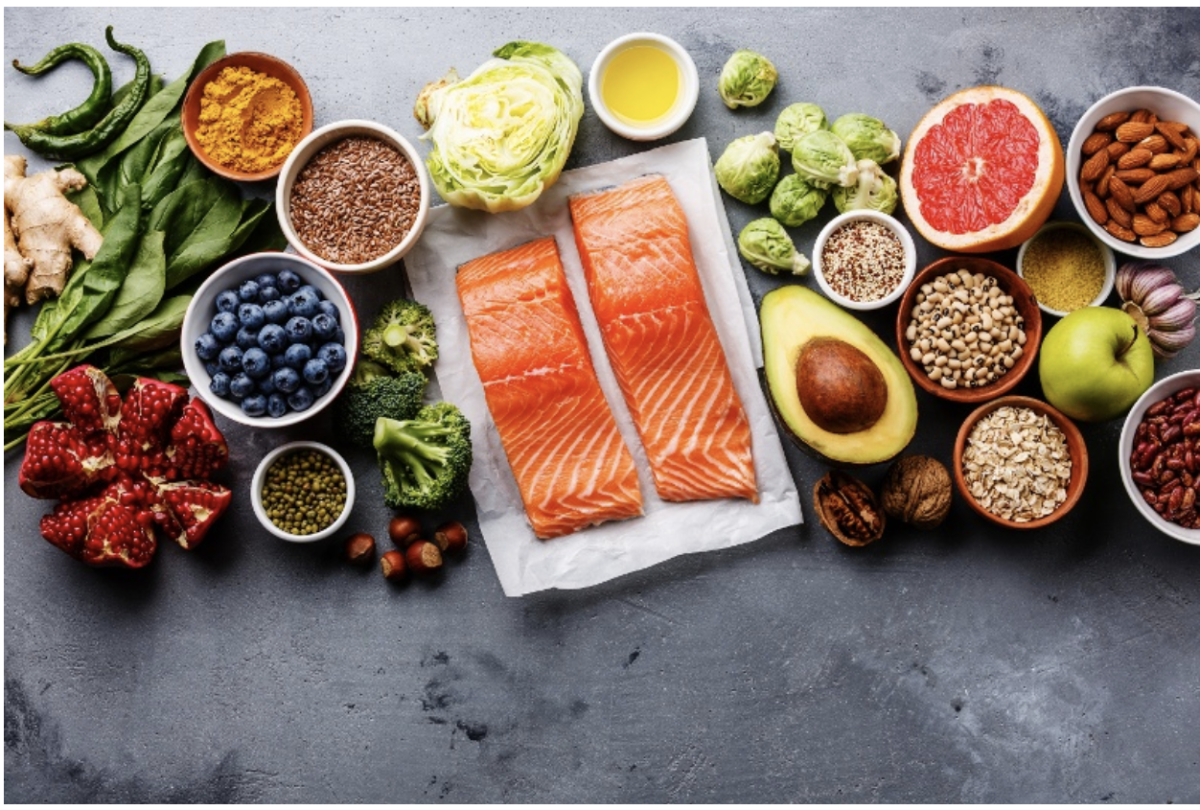Lately, the news has been negative, and we often forget to focus on the positive. So here are some recent environmental milestones to carry you positively into the next week!
First is the slowing down of deforestation in the Amazon rainforest. Research in Sao Paulo, Brazil, found that destruction across the Amazon has slowed by 55.8% from last year. A nonprofit organization, Monitoring of the Andres Amazon Program (MAAP), has collected data that shows that the Amazon will still have hope in helping the world curb global warming. This major change coincides with the shift of a pro-conservation government under Columbia and Brazil. Additionally, this could mean big climate changes. For example, reducing carbon dioxide released into the atmosphere, protecting biodiversity, and regulating rainfall patterns, to name a few (Ballardbrief.byu.edu).
Second, we have all read and heard of the irreversible damage excessive greenhouse gases have caused our world. However, under the Paris Agreement, countries are now required to update their Nationally Determined Contributions (NDCs), which are climate plans. They aim to limit global warming to 1.5 degrees Celsius compared to pre-industrial levels. Global warming pre-industrial was at about 0.2 degrees Celsius, sometimes dipping into the negatives; now, it is 1.47 degrees Celsius higher than 2024. To achieve this, countries must reduce the use of greenhouse gases, which some might wonder about as it is a natural phenomenon. Well, first, greenhouse gas is produced to keep the temperature on Earth livable. Because humans need gas, electricity, and energy, we use fossil fuels and release more toxins into the air than ever. This creates more greenhouse gases, which trap heat on the earth. To reduce this, we can start by using renewable energy sources like solar and wind power and reducing the usage of fossil fuels by walking, biking, or even carpooling. “Knowing that carpooling can help the environment makes me feel better,” says Melena Thune (10). Doing this can actively absorb carbon dioxide from the atmosphere (UNFCCC.int).
Lastly, in May in St. Kitts and Nevis, the Global Sustainable Islands Summit will discuss focusing on sustainable development in rural, remote, and island regions. They aim to be more knowledgeable and to protect untouched islands from climate impact (Devex.com). Megan Liao (10) expresses, “It is refreshing to know that there are positives in the world.” So, while things might seem tough right now, always remember that somewhere out there in the world, scientists are working hard to find new ways to protect the earth.



























